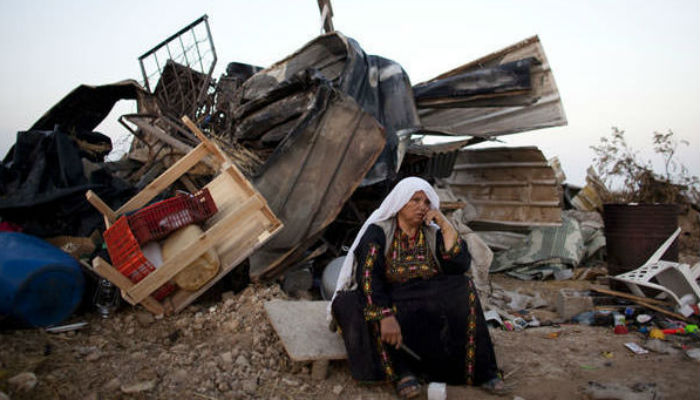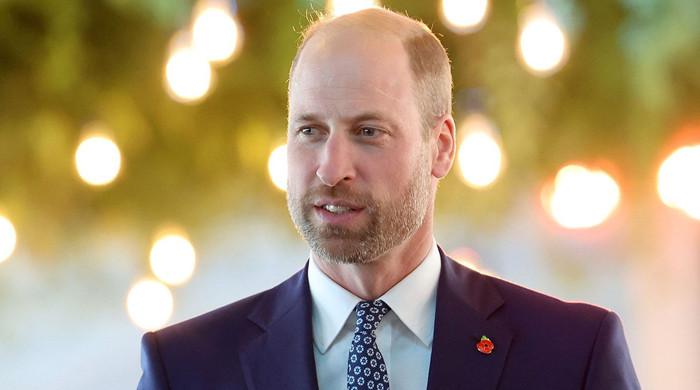Documentary highlights plight of Palestinian Bedouin community
Denied access to basic necessities, Palestinian Bedouins forsee a dark future Denied access to basic necessities, Palestinian Bedouins forsee a dark future
July 03, 2017

PALESTINE: In a newly released documentary, In the Enclosure, Canadian filmmaker Simon Trepanier highlights the plight of Palestinian Bedouins.
The documentary focuses on Bedouins in five different communities throughout Area C, which makes up 60 percent of the occupied West Bank and is currently under Israeli control.
There are currently over 30,000 Palestinian Bedouins in 183 residential communities in Area C with 7,000 of them still at the risk of forcible transfer.
Produced by Oxfam, the interactive web-based documentary seeks to "give a human face to the situation facing Bedouins in Area C" by letting them tell their own stories, Trepanier told Al-Jazeera.
Divided into three parts, the films aims to take the viewer through a journey involving home demolitions, restrictions on movement and labour, and finally, relocation - realities that many Bedouin communities live through daily, according to Al-Jazeera.
Trepanier uses the separation wall surrounding the occupied West Bank, for his documentary, to highlight the physical barrier that restricts many Bedouins from travel. The wall, still under construction, runs for more than 700km, annexing Palestinian land.
Israel has denied the Bedouin’s, water, electricity and building permits.
Access to water and electricity poses a big problem for the survival of Bedouin villages. Water pipelines run directly under many Bedouin homes, but Israel prohibits residents from using them. Instead, Bedouins must buy their water from a vendor and store it in tanks, making them spend more than they can afford.
The lack of access to building permits allows the Israeli’s to expand its illegal settlements into Area C demolishing the structures.
The traditional life of farming, herding and dairy production provides Bedouins with the income to buy water, a scarce resource in their communities.
The film also takes into account the psychological effects that demolitions have had on residents, especially children - everything from bed-wetting to regression in academic progress, according to a study by Doctors of the World.











